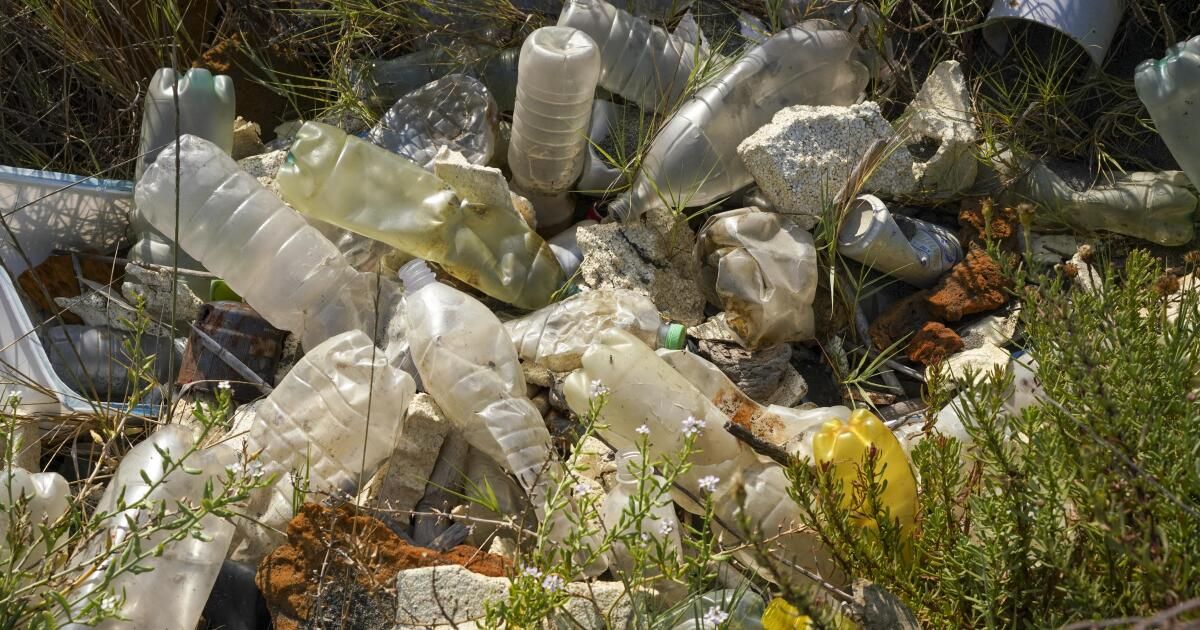President Biden on Friday announced a new goal to phase out the purchase and use of single-use plastics across the federal government by 2035.
“Communities across the United States and around the world are facing a plastic pollution crisis,” reads a statement issued by the White House.
The move is part of a government strategy to “address plastic pollution in production, processing, use and disposal,” according to a government report titled “Mobilizing Federal Action on Plastic Pollution: Progress, Principles and Priorities.”
The new initiative seeks to eliminate single-use plastics in packaging by 2027 and in all food service operations by 2035.
The announcement follows a 2022 U.S. Department of the Interior Secretarial Order aimed at phasing out single-use plastics in national parks and other public lands, including Yosemite, Yellowstone and the Grand Canyon, as well as a rule issued last month by the General Services Administration to reduce single-use packaging in federal purchases.
Environmental groups were quick to voice their approval of Biden's action.
“We applaud the Biden administration for committing to phase out single-use plastics,” Christy Leavitt, Oceana’s plastics campaign director, said in a statement. “This positive step reduces America’s reliance on single-use plastics, which harm our oceans, climate and communities.”
The U.S. government is the world’s largest purchaser of goods and services, Leavitt noted, meaning “its purchasing decisions can have a global impact.”
It will also have an impact on the plastics industry.
“We are disappointed by today’s announcement from the White House, which arbitrarily singles out plastic under the false premise of lower environmental impact,” Matt Seaholm, president and CEO of the Plastics Industry Association, said in a statement.
Seaholm said the companies his trade group represents “are dedicated to keeping plastic waste out of the environment.”
He suggested that the federal government instead improve the country's recycling infrastructure, a practice emphasized in the new White House strategy.
Under a 2022 Executive Order designed to help the federal government embrace sustainability, agencies were directed to “cost-effectively procure products and services” that advance the administration’s goals on energy, sustainability, climate adaptation and now reducing single-use plastics.
“Agencies should consider a price to be unreasonable only when the total life-cycle costs, including the measurable costs of any associated environmental impacts, are significantly higher for the sustainable product or service than for the unsustainable product or service,” the order states.
Researchers have discovered plastic everywhere, from the highest mountaintops to the depths of the oceans. It is present in food and water, and in every organism that researchers have examined. It is also present in the human body: in the lungs, brain, heart, blood, semen and breast milk. It is found in a newborn baby's first stool after birth.
It is also a product of oil and gas and therefore a major source of greenhouse gases that contribute to climate change.
In the United States, less than 6% of plastic is recycled.












